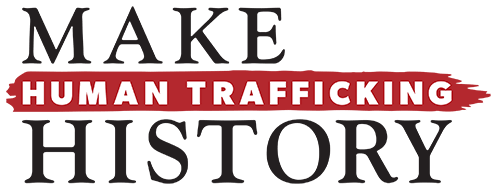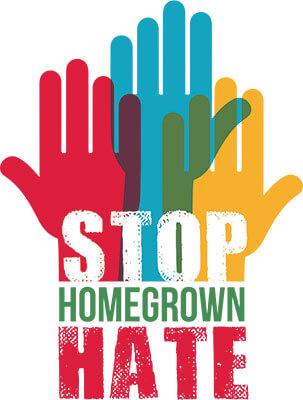Other Dangers
Domestic Extremism
Domestic Extremism refers to any individual or group that encourages, condones, justifies or supports the commission of a violent act to achieve political, ideological, religious, social or economic goals. Drug trafficking is often used as a prime source of funding by extremist groups. Addicts who become too deeply involved in the drug culture run the risk of becoming involved with these groups, either through purchase or direct involvement in order to access to illicit substances. There seems to be no single reason why people become involved in domestic extremist groups; however, it often occurs when someone is trying to satisfy deep, personal needs. Feelings of isolation, depression or worthlessness can be contributing factors for someone searching out acceptance. These traits are also common in drug and alcohol abusers. Because they are seeking a connection, addicts are susceptible to the groupthink of extremist groups.
Human Trafficking
Human trafficking involves the use of physical force, fraud or coercion to benefit from the commercial labor or sexual exploitation of others. In the simplest terms, human trafficking is modern-day slavery. According to the United States Department of Health and Human Services, after drug dealing, human trafficking is the second largest criminal industry in the world today, and it is the fastest growing. The human and drug trafficking industries are closely tied. Illicit drug dealers have diversified by adding humans to their trafficking efforts. Dealers understand that drugs can be sold once but a human can be sold over and over and over again. The use of drugs can make children and adults vulnerable to trafficking through impaired judgment and motor control. An addiction to drugs is often used as a means of control by traffickers. To pay off a drug debt or avoid withdrawal, captives are forced to work or perform sex acts. The abuse of drugs is prevalent in the trafficking world. There have even been reports of young sex workers being forced to take steroids for weight gain, making them appear more voluptuous, adult-like and appealing to potential customers.Domestic Violence
Drug abuse has a strong connection to domestic violence. According to the Department of Justice, approximately 61% of domestic violence offenders have problems with alcohol or drug abuse. In many cases, both the both the offender and victim struggle with substance abuse issues. Domestic violence offenders often perpetrate more intense attacks and do so with more frequency than sober offenders. When the victim of domestic violence has alcohol or drug abuse problems, the situation becomes even more dangerous. The victim may not have an accurate perception of the circumstances and remain in or escalate a potentially deadly situation. The victim may also be driven to increased alcohol or drug use in order to deal with the mental and physical pain of domestic violence.Resource Coming Soon
Gangs
According to Jack Riley, Acting Deputy Administrator of the Drug Enforcement Administration, Mexican cartels are responsible for the majority of illicit substances in the United States and are distributed and sold by established street gangs. “Speaking just of Chicago and the Midwest, there are over 150,000 documented street gang members. Largely, they make their living from putting drugs on the street, supplied by the cartels,” stated Riley, in 2015 statement to Congress. Overwhelmingly, cartels and their domestic gang counterparts are responsible for the heroin addiction and increasing overdose rate facing the United States.Resource Coming Soon

